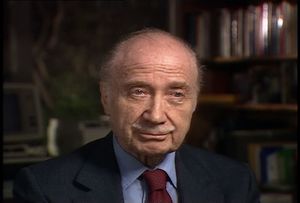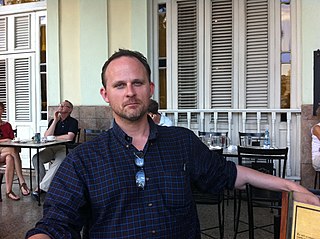A Quote by Patrick Swift
I believe when you bring, say, a plant into a room, everything in that room changes in relation to it. This tension - tension is the only word for it - can be painted.
Related Quotes
Non-violent direct action seeks to create such a crisis and establish such creative tension that a community that has constantly refused to negotiate is forced to confront the issue. It seeks so to dramatize the issue that it can no longer be ignored... I am not afraid of the word tension. I have earnestly worked and preached against violent tension, and there is a type of constructive tension that is necessary for growth.
Almost everyone seems concerned with the need to relax tension. However, relaxation of tension, which everyone thinks is good, is not easily distinguished from relaxing ones guard, which almost everyone thinks is bad. Relaxation, like Miltown, is not an end in itself. Not all danger comes from tension. The reverse relation, to be tense where there is danger, is only rational.
Tension means hurry, fear, doubt. Tension means a constant effort to protect, to be secure, to be safe. Tension means preparing for the tomorrow now, or for the afterlife - afraid tomorrow you will not be able to face the reality, so be prepared. Tension means the past that you have not lived really but only somehow bypassed; it hangs, it is a hangover, it surrounds you.
Actually, we who engage in nonviolent direct action are not the creators of tension. We merely bring to the surface the hidden tension that is already alive. We bring it out in the open, where it can be seen and dealt with. Like a boil that can never be cured so long as it is covered up but must be opened with an its ugliness to the natural medicines of air and light, injustice must be exposed, with all the tension its exposure creates, to the light of human conscience and the air of national opinion before it can be cured.
Crying, that is, sobbing is the earliest and deepest way to release tension. Infants can cry almost from the moment of birth, and do so easily following every stress that produces a state of tension in the body... Human beings are the only creatures who can react in this way to stress and tension. Most probably, they are the only ones who need this form of release.
There is no ideal length, but you develop a little interior gauge that tells you whether or not you're supporting the house or detracting from it. When a piece gets too long, the tension goes out of it. That word?tension?has an animal insistence for me. A piece of writing rises and falls with tension. The writer holds one end of the rope and the reader holds the other end?is the rope slack, or is it tight? Does it matter to the reader what the next sentence is going to be?
In the theory of psycho-analysis we have no hesitation in assuming that the course taken by mental events is automatically regulated by the pleasure principle. We believe, that is to say, that the course of those events is invariably set in motion by an unpleasurable tension, and that it takes a direction such that its final outcome coincides with a lowering of that tension that is, with an avoidance of unpleasure or a production of pleasure.






































